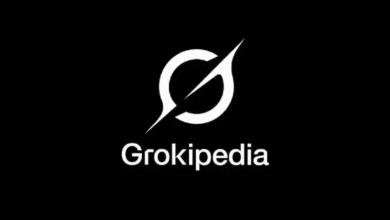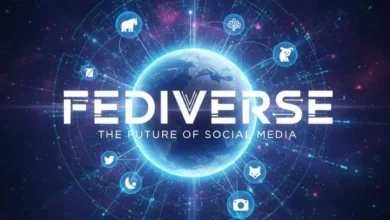Google Chrome Becoming Agentic With Gemini Deep Integration

Google Chrome is undergoing a radical transformation: it is rapidly evolving into a fully agentic website and browser with deep, seamless Gemini AI integration. This shift is not just a Google innovation, it will shape the entire browser landscape, representing the single most profound change to how people interact with the internet since the rise of search engines.
What Does “Agentic” Mean in Google Chrome?
“Agentic” describes software that doesn’t just respond to commands, but can act autonomously on a user’s behalf to complete multi-step web tasks like summarizing research, managing schedules, filling online carts, or booking services across tabs, apps, and websites. Chrome’s Gemini agent can:
- Summarize web content across multiple tabs and recall information from any point in a browsing session.
- Complete repetitive tasks, such as booking appointments or ordering groceries, with minimal user input.
- Deeply integrate with Google services (Gmail, Calendar, YouTube, Maps), allowing direct actions and data movement between apps without switching tabs.
This agentic shift is accelerated by new features: users can engage Gemini via an omnibox AI Mode, leverage agentic recall to reconstruct prior browsing sessions, and execute tasks via natural language and turn the search queries into direct actions.
Why This Is a Paradigm Shift for Browsers
Chrome’s shift to agentic AI is pivotal for several reasons:
- Chrome controls almost 70% of the browser market share, making its AI push immediately mainstream.
- Agentic browsing erodes the distinction between browser, assistant, and productivity hub, and browsing becomes a seamless interaction with an intelligent agent.
- Security and privacy boundaries become both more sensitive and more valuable; users must trust the browser not just to view websites, but to act on their behalf.
Other browser makers like Microsoft Edge (Copilot), Perplexity (Comet), Anthropic (Claude-powered browser), OpenAI (Operator/GPT browser) are all racing to deliver comparable AI-first, agentic experiences. However, Chrome’s scale and ecosystem integration are unique levers in this competitive landscape.
Implications for SEO: How AI Agentic Browsers Will Reshape Search
Agentic AI in browsers represents a seismic change for SEO and digital marketing:
- Search shifts from a pure “click” model to “AI selection and citation.” Instead of ten blue links, users converse with their browser, which aggregates, summarizes, and sometimes acts upon results, requiring new strategies for brands to be “selected” by the AI, not just “ranked”.
- Content must not only be indexable by AI crawlers, but also structured and trustworthy enough for citation within Gemini, Copilot, and other browser agents.
- Long-form, authoritative, and clearly attributed content will have greater value, as AI agents favor sources that can be summarized, cited, and even executed on, such as making bookings or auto-filling forms.
- Markup, schema, and even multimedia will play new roles as Gemini and other agents increasingly use these signals for task automation and real-world actions.
What Chrome’s Agentic Future Means for Rival Browsers
Chrome’s AI evolution is forcing all browsers to redefine their core value:
- Browsers like Edge, Safari, Firefox, and emerging AI-first browsers (Comet, Dia, OpenAI Browser) must quickly match agentic features or be relegated to legacy status.
- Non-compliant or AI-incompatible web apps risk breaking or becoming invisible if agentic standards become the default.
- Market pressures may increase “lock-in,” as users become more reliant on agentic AI workflows tightly integrated with a dominant browser’s ecosystem.
Yet, Chrome’s openness, built on the Chromium engine that powers many rivals the means technical innovation will propagate rapidly. Distinction will come from data privacy, trust, specialization (e.g., enterprise vs. general consumer), and the quality of agentic experiences offered.
The SEO and Content Creator’s Next Stepping Stone
For creators, brands, and SEOs, this new world demands agility:
- Ensure all content is accessible and indexable by AI agents, blockages mean invisibility.
- Develop agentic-friendly content: concise summaries, clear instructions, and properly attributed data, so browser AIs can effectively summarize and act.
- Monitor how users interact with content via AI in browsers, analyze not just clicks, but agent-driven conversions and citations.
Chrome’s Gemini-powered, fully agentic browsing means the web is no longer a static collection of pages, but an active, evolving partner in every search, shopping, content, or learning journey. The agentic age of the browser is here—and it will separate the prepared from the obsolete.
For more Odinozz Tech articles, click here.
Follow Odinozz on social media. Click here.



